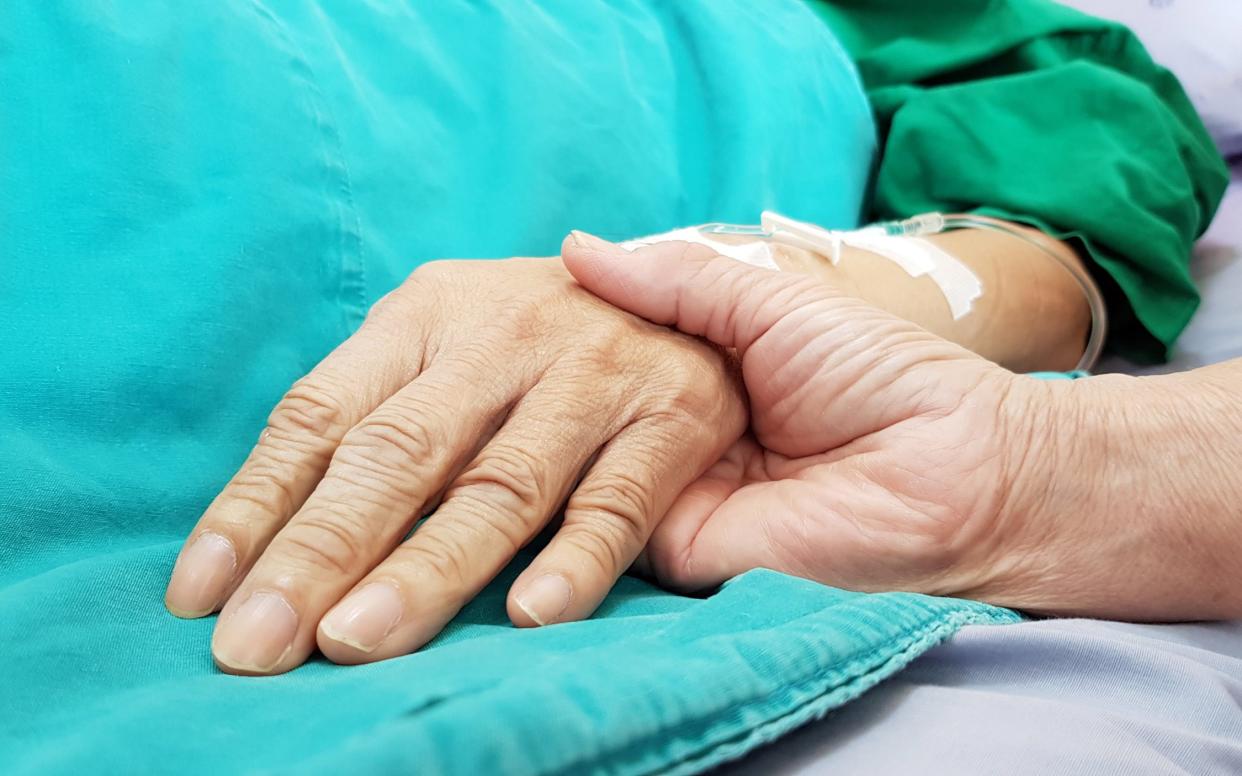UK residents travelling to Dignitas falls to 12-year low over cost of assisted dying clinic

A new report by the Assisted Dying Coalition has shown that fewer UK residents are travelling to the Dignitas clinic, with just 23 assisted deaths there in 2023, marking a 12-year low not seen since 2011 when the number was 22.
Dignitas, whose slogan is: “To live with dignity, to die with dignity”, was founded in 1998 and provides physician-assisted suicide to people suffering with terminal or severe physical or mental illness.
The only other time that the figures were so low was in 2020, when the figure was 18, and 2021, when the figure was also 23. However, these figures can be explained by the Covid pandemic which restricted travel.
UK-based nationals travelling to the Swiss clinic reached a record high in 2016, when the number was 47.
Experts blame the falling numbers on the expense.
The cost of using assisted dying centres can be more than £15,000 when transport, accommodation, expenses and assessments are factored in. Even though the centres can offer reduced fees or waive them entirely, going to Switzerland is expensive, especially for individuals suffering debilitating diseases at an advanced stage.
Trevor Moore, chairman of campaign group My Death, My Decision, said: “It’s striking that UK membership of Dignitas is continuing to rise, while assisted death rates there for UK citizens have fluctuated since a peak in 2019.
“The volatility is not surprising, given the practical difficulties and expense facing people wanting to travel to Switzerland at the most challenging time of their life.”
The group is urging politicians to support an assisted dying law that recognises intolerable suffering and makes these journeys to Switzerland unnecessary.
According to the latest data regarding UK Dignitas-assisted deaths, there were 33 in 2022, 23 in 2021, 18 in 2020, 42 in 2019, 24 in 2018, 34 in 2017 and 47 in 2016.
The report also highlights the conditions afflicting those travelling to the clinic. In many cases these are neuro-degenerative such as motor neurone disease.
Many of them would not be classed as terminally ill or as having less than six months left to live, so they would be outside the scope of every law that has been proposed in the UK so far.
Pressure mounting for change
Last week Sir Keir Starmer, the Labour leader, said that he wanted assisted dying to be legalised after the next election and that he was “personally committed” to a change in the law.
Pressure has been mounting for a change ever since Dame Esther Rantzen, the former That’s Life presenter, revealed she had joined Dignitas after being diagnosed with late-stage lung cancer.
The last time MPs voted on legalising assisted suicide was in 2015, with the Bill defeated by two votes to one.
Mr Moore said: “The regular publicity of the shocking consequences that can follow for people who bravely accompany their loved ones abroad for an assisted death must also play a role in the decision whether to go.
“There have been numerous high-profile cases, such as that of Sue Lawford who on return to the UK after accompanying Sharon Johnston to Dignitas out of pure compassion, was arrested by the police at 5am, kept in a cell for 16 hours and investigated for six months.
“The overall message is that we are exporting compassion abroad when we should be allowing suffering people to receive help to die here, on their own terms. That is why we urge our politicians to act and respect overwhelming public support for an assisted dying law.”

